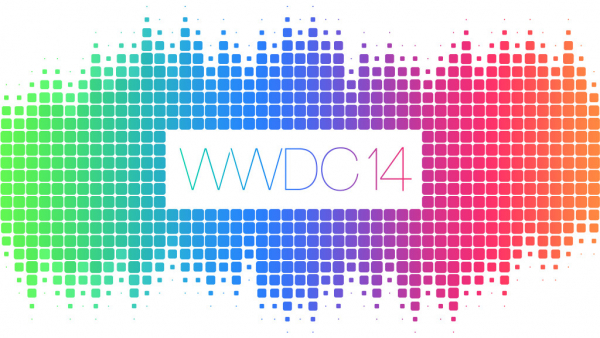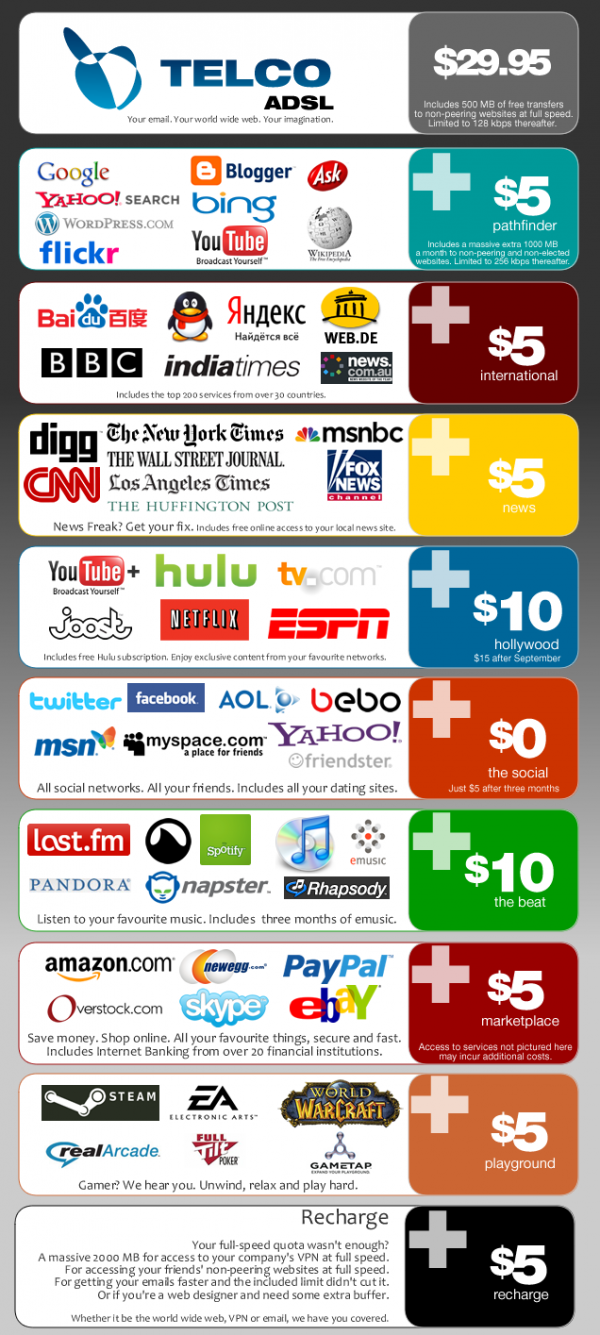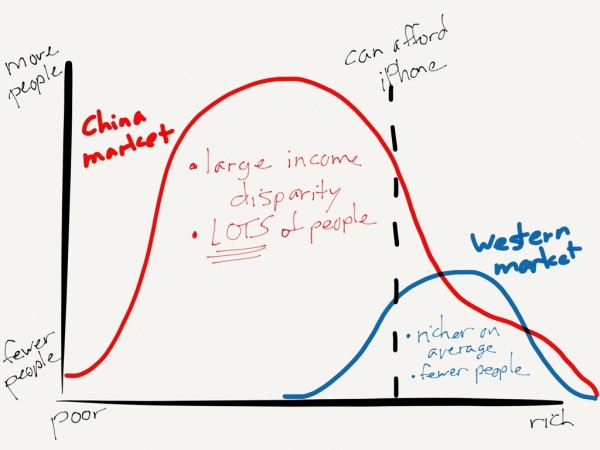Apple's iMessage upgrades show how the company is embracing the ways people have evolved their use of iMessage, and shows a bold willingness to adapt the “most frequently used app on iOS” to the new daily habits of its customers.
This update shows that Apple is keenly aware of the changing habits of their customer base, and I think this is going to be the most important change in iOS since Apple added “swipe up” access to the Camera in iOS 6.
These design details are so, so good.
On top of this, there are two more great additions that I love:
- temporary location sharing, which makes coordinating nights out with friends a lot easier.
- the ability to send/receive text messages on my Mac.
For the first time ever, I'm considering giving up on Google Voice/Hangouts and committing to the new iMessage.


